Kamala Harris Says It’s Time To Make Women Full Citizens At Last
At a campaign event she said that passing the ERA would be one of her first orders of business.
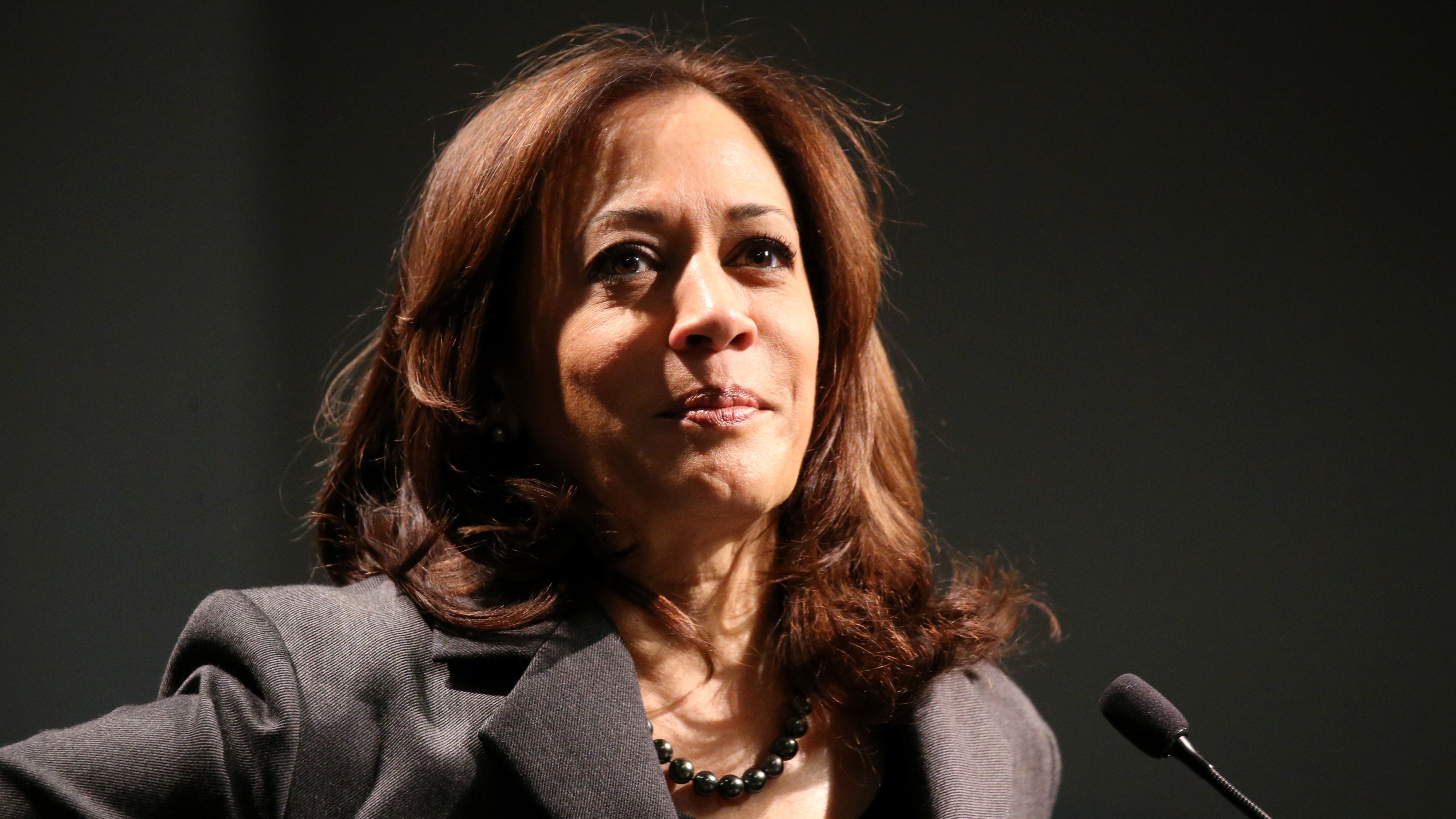

“Passing the ERA, let’s start there.” That’s what Senator and Democratic presidential candidate Kamala Harris said in response to a question last weekend about what she’d do for women in her first 100 days in the White House.
Harris was speaking at a live podcast taping in Cedar Rapids, Iowa, the last in a packed weekend of events. About 200 people turned out to see Harris in conversation with three young progressive activists, a conversation that covered her positions on the War on Drugs and climate change, and the historic nature of her candidacy.
“Passing the ERA, let’s start there.”
Then it came time for Q & A and an audience member stood and asked Harris what her plan was for protecting women’s rights. Harris’s answer—in addition to securing reproductive rights, introducing universal pre-K, and “a national policy for affordable childcare”—was to pass, at long last, the Equal Rights Amendment.
If you’re a younger millennial, you could be forgiven for not knowing about the ERA. But amending the Constitution of the United States with the ERA would be a BFD.
Here’s what the ERA says: Equality of rights under the law shall not be denied or abridged by the United States or by any State on account of sex. Here’s what the ERA means: It would be easier to enforce equal pay laws, and protect women and girls from sexual harassment and assault, and secure their reproductive rights. In other words, the ERA would protect much of the progress our society has made toward gender equality, a pressing need in a time when women’s rights are under attack.
Why they’ve been so easy to attack: Women aren’t mentioned AT ALL in the Constitution, and they’re mentioned just once in the more than two dozen amendments to it—in the 19th Amendment, which guarantees their right to vote. That change was made a century ago, meaning the Constitution hasn’t been updated to reflect women’s rights since shortly after the invention of the bra.
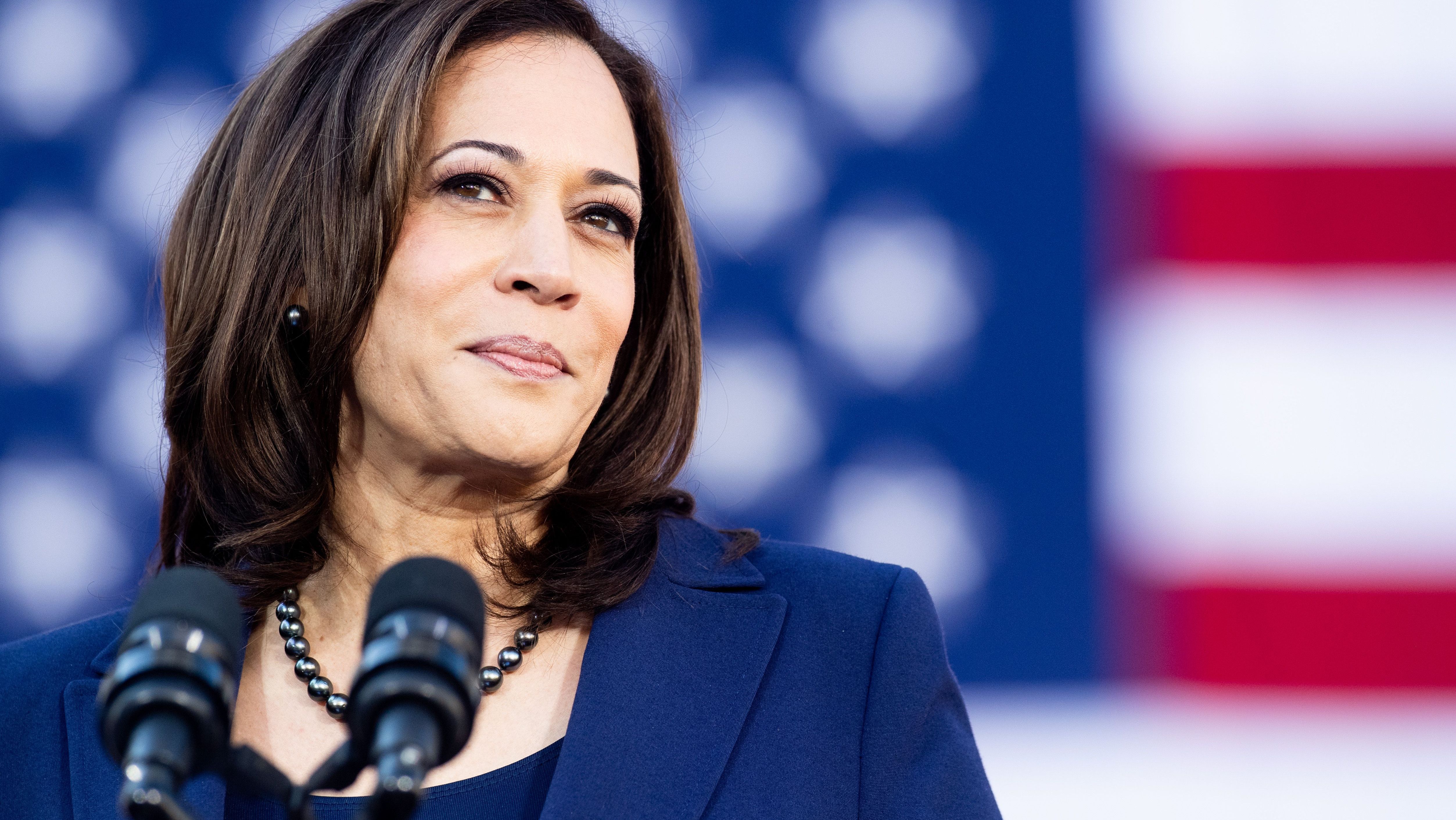
Harris at the rally launching her presidential campaign.
The ERA has a long and frustrating history. It was first proposed almost a century ago, in 1923, and efforts to secure its ratification—38 states need to sign off on it—have come in fits and starts. The idea of the ERA has survived multiple attempts to kill it dead, the most memorable of which was a national campaign led by the highly effective political organizer and anti-feminist lawyer Phyllis Schlafly, in the 1970s. Just when the ERA seemed close to a done deal (thanks to years of activism and work by Second Wave feminists), Schlafly turned the tide of public opinion on the amendment. She created a movement of housewives and other conservative women, whipping up fear that the ERA would mean conscripting women into the army, making it harder for divorced women to keep custody of their children, and eliminating single-sex bathrooms. She was wrong, but she won anyway.
Stay In The Know
Get exclusive access to fashion and beauty trends, hot-off-the-press celebrity news, and more.
Thanks to Schlafly’s efforts, the ERA fell short of the necessary ratification by 38 states. As of today, it’s been ratified by 37—though just last week, Virginia Republicans blocked an effort to make their state the 38th (California, Harris’s state, ratified it in 1972, as did Iowa). And while no President can amend the Constitution alone, having a President use the bully pulpit to call for one more state to push the ERA over the line could get the job done at last.
When you lift up the economic status of women, you lift up the economic status of children and of families and of neighborhoods and of communities, and all of society benefits.
Harris framed passing the ERA as a question of economic justice: “When you lift up the economic status of women, you lift up the economic status of children and of families and of neighborhoods and of communities, and all of society benefits,” she said. The first step to lifting women’s economic status, Harris said, is “passing the ERA.” Starting there, she seemed to say, would make it easier to address “what is still very concrete and significant and clear disparities around wages.” In fact, an ERA would “federally guarantee equal pay,” making it easier to close the American wage gap, which is 23 percent for white women, and a whopping 39 percent and 47 percent for Black and Latina women, respectively.
Finally, there’s the symbolic value of an ERA, of seeing your hard-won rights spelled out in black and white in the nation’s living founding document. Justice Ruth Bader Ginsburg described that feeling well. “I would like to be able to take out my pocket Constitution,” she said in 2017, “and say that the equal citizenship stature of men and women is a fundamental tenet of our society, like free speech.”
For more stories like this, including celebrity news, beauty and fashion advice, savvy political commentary, and fascinating features, sign up for the Marie Claire newsletter.
RELATED STORY
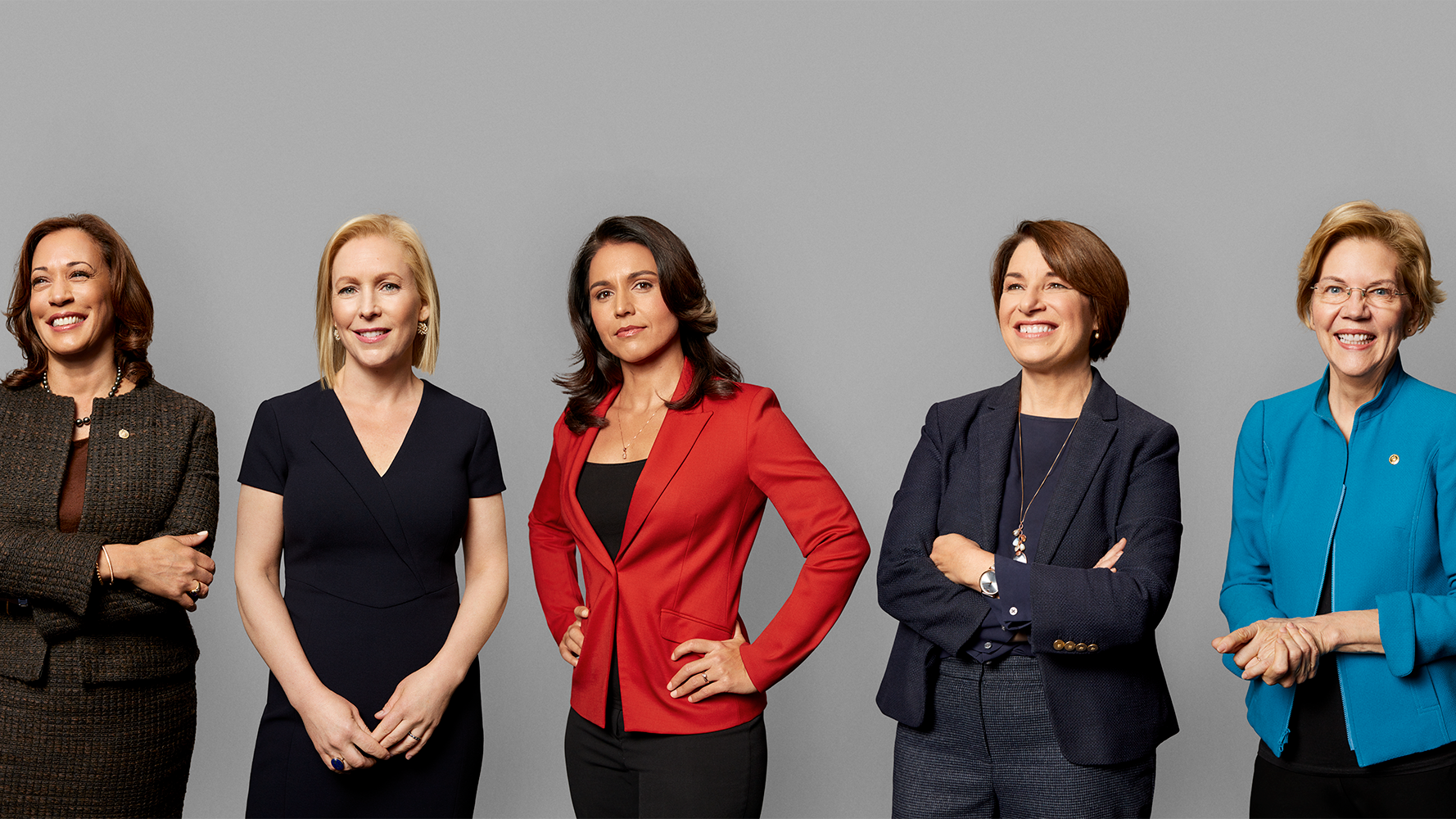
Chloe Angyal is a journalist who lives in Iowa; she is the former Deputy Opinion Editor at HuffPost and a former Senior Editor at Feministing. She has written about politics and popular culture for The New York Times, The Washington Post, The Atlantic, The Guardian, New York magazine, Reuters, and The New Republic. Angyal has a Ph.D. in Arts and Media from the University of New South Wales.
-
 Tyla's Coachella Outfit Pairs Dolce & Gabbana With Pandora
Tyla's Coachella Outfit Pairs Dolce & Gabbana With PandoraThe singer wore a gold version of the crystal bra made famous by Aaliyah.
By Amy Mackelden Published
-
 How Kate Middleton Is Influencing George's Fashion Choices
How Kate Middleton Is Influencing George's Fashion ChoicesThe future king's smart blazer is straight out of Princess Kate's style playbook.
By Amy Mackelden Published
-
 King Charles "Couldn't" Meet Prince Harry During U.K. Visit
King Charles "Couldn't" Meet Prince Harry During U.K. Visit"It could actually bring down a court case."
By Amy Mackelden Published
-
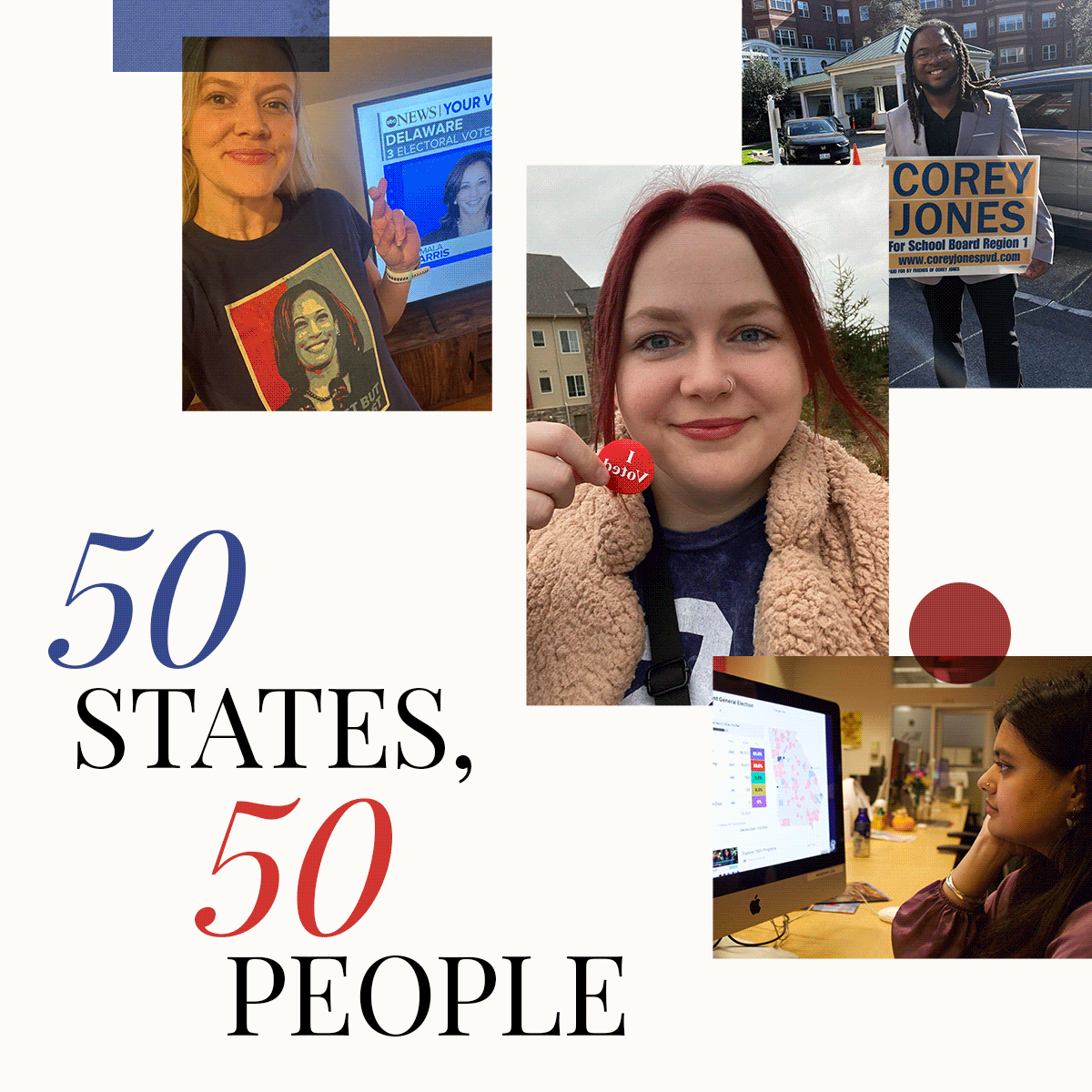 A Nationwide Reaction to the 2024 Election
A Nationwide Reaction to the 2024 ElectionHow are people feeling in this moment? Marie Claire spoke to folks across the country to find out what they were thinking as they cast their votes and waited to hear the results.
By The Editors Published
-
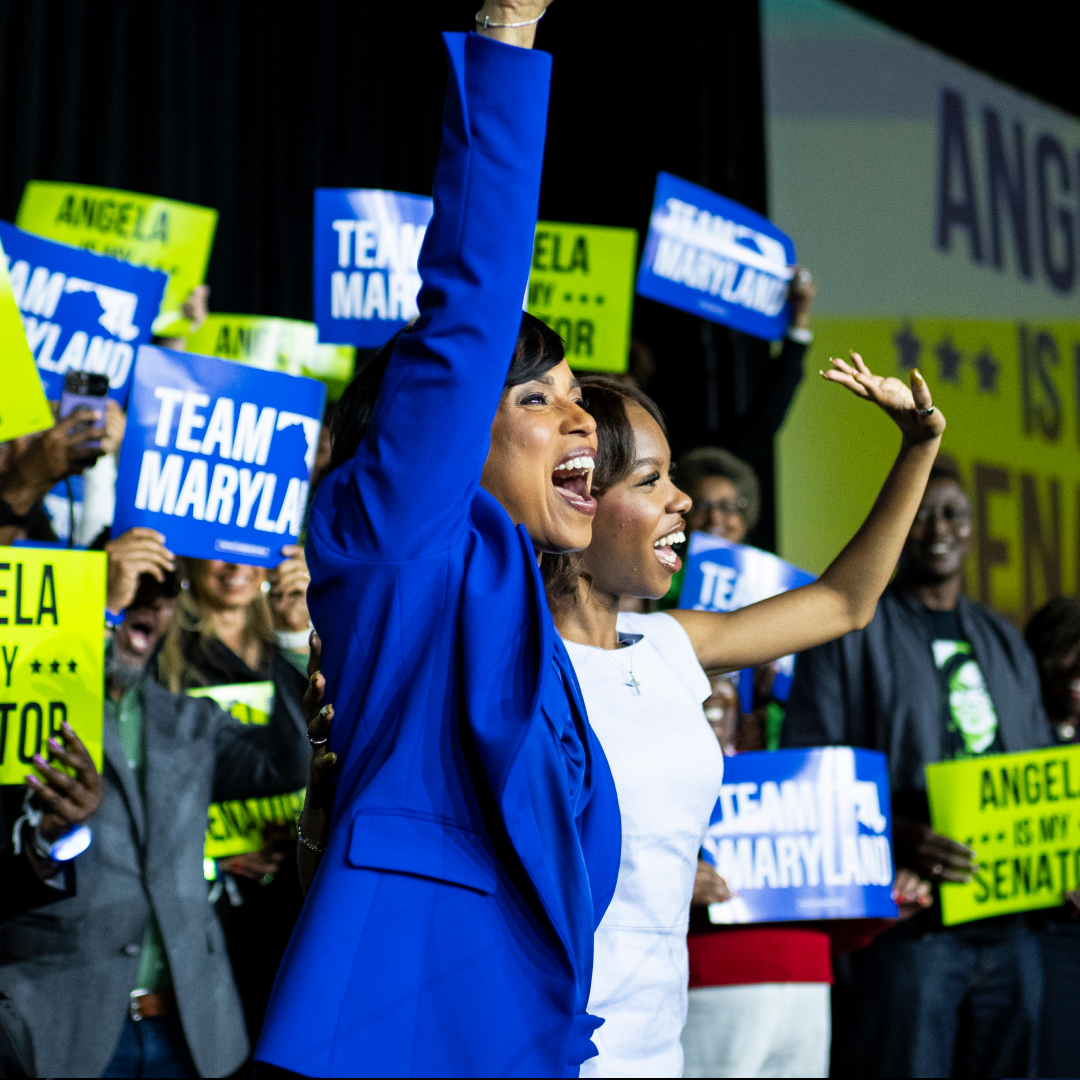 The Historic Election Victories Worth Celebrating
The Historic Election Victories Worth CelebratingIncluding momentous firsts, abortion protections, and New York's "Equal Rights Amendment."
By Iris Goldsztajn Published
-
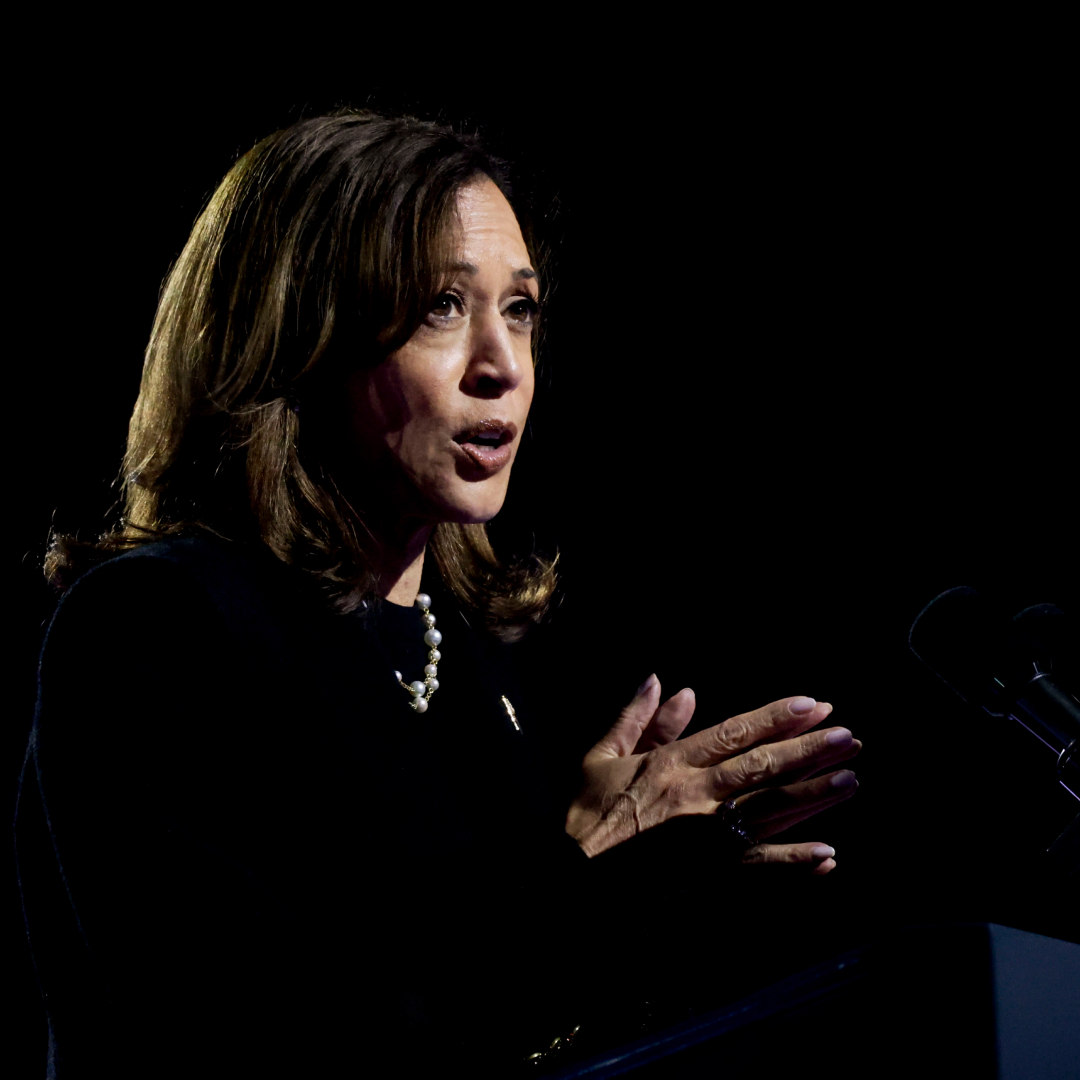 Kamala Harris Has Lost the 2024 Presidential Election
Kamala Harris Has Lost the 2024 Presidential ElectionIt's official.
By Jenny Hollander Published
-
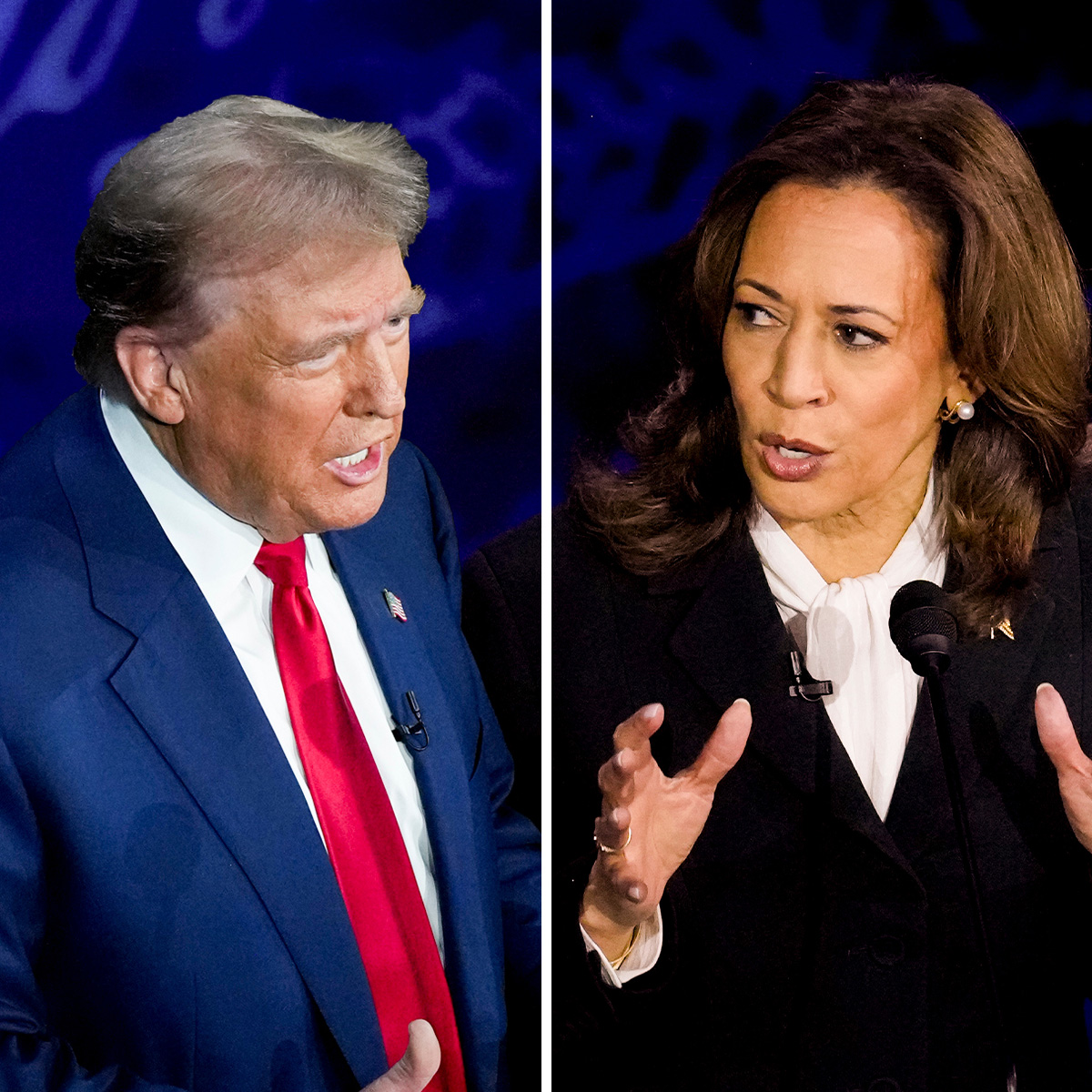 Trump Has Been Getting More Erratic on Abortion—Kamala Harris Finally Called Him Out
Trump Has Been Getting More Erratic on Abortion—Kamala Harris Finally Called Him OutThe entire energy of Tuesday night's presidential debate shifted when the two candidates had a heated exchange about abortion rights.
By Lorena O'Neil Published
-
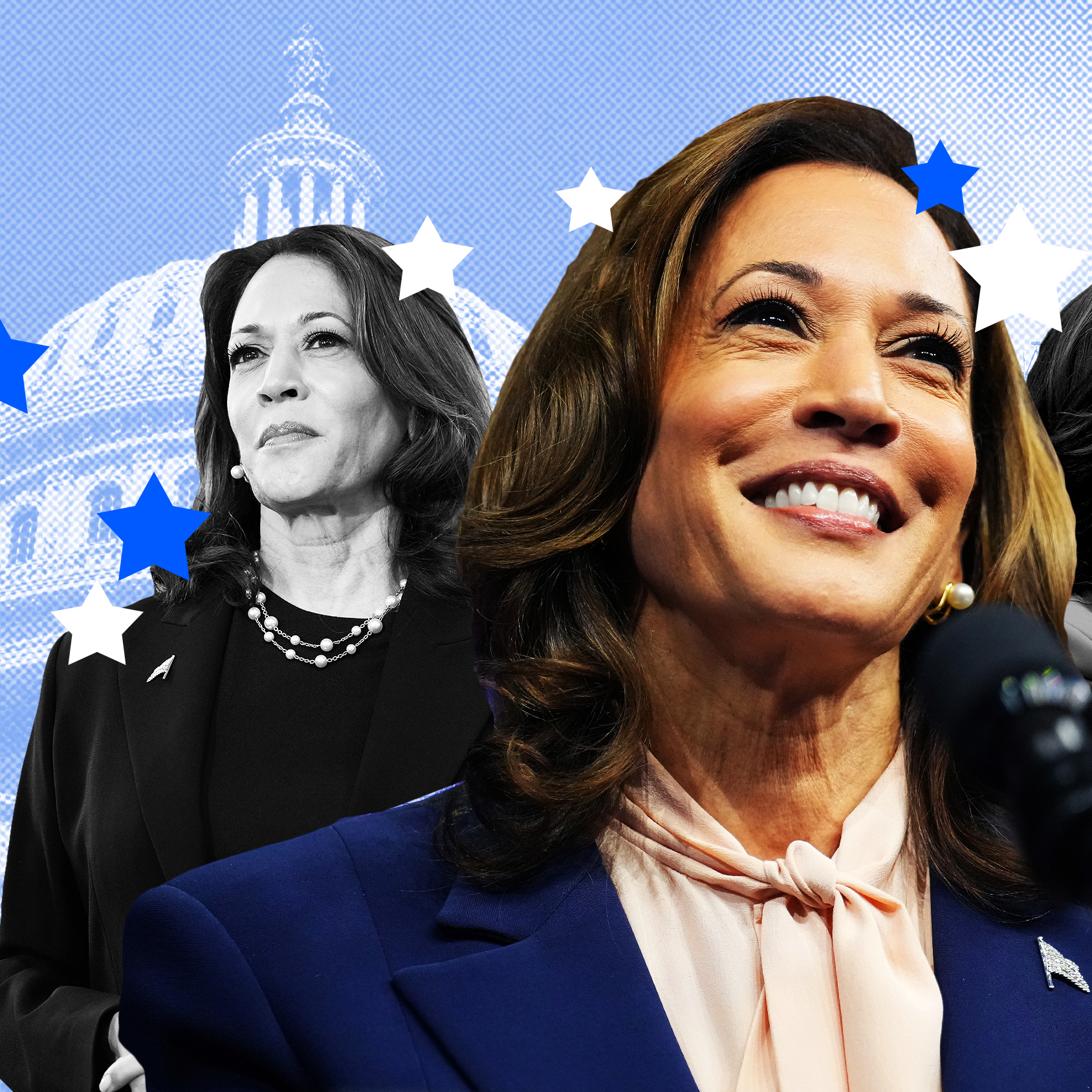 The Power and Promise of Kamala Harris
The Power and Promise of Kamala Harris"The stakes in this election couldn’t be clearer. And Vice President Harris has given us reason to hope—a deep and abiding hope that is less about wishing and more about working."
By Ayanna Pressley Published
-
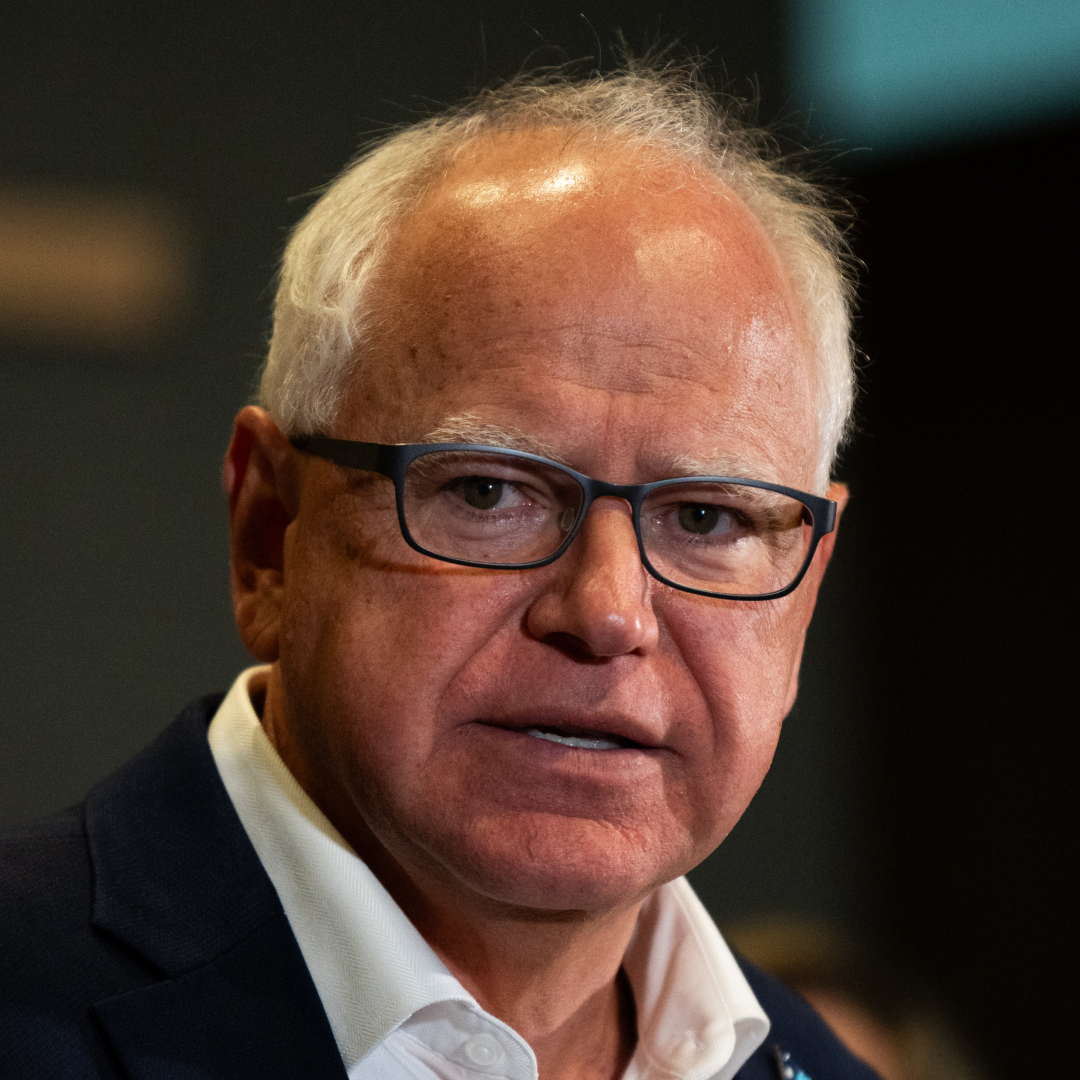 Who Is Tim Walz, Kamala Harris' Pick for Vice President?
Who Is Tim Walz, Kamala Harris' Pick for Vice President?The current governor of Minnesota recently called the Trump-Vance ticket "weird."
By Amy Mackelden Published
-
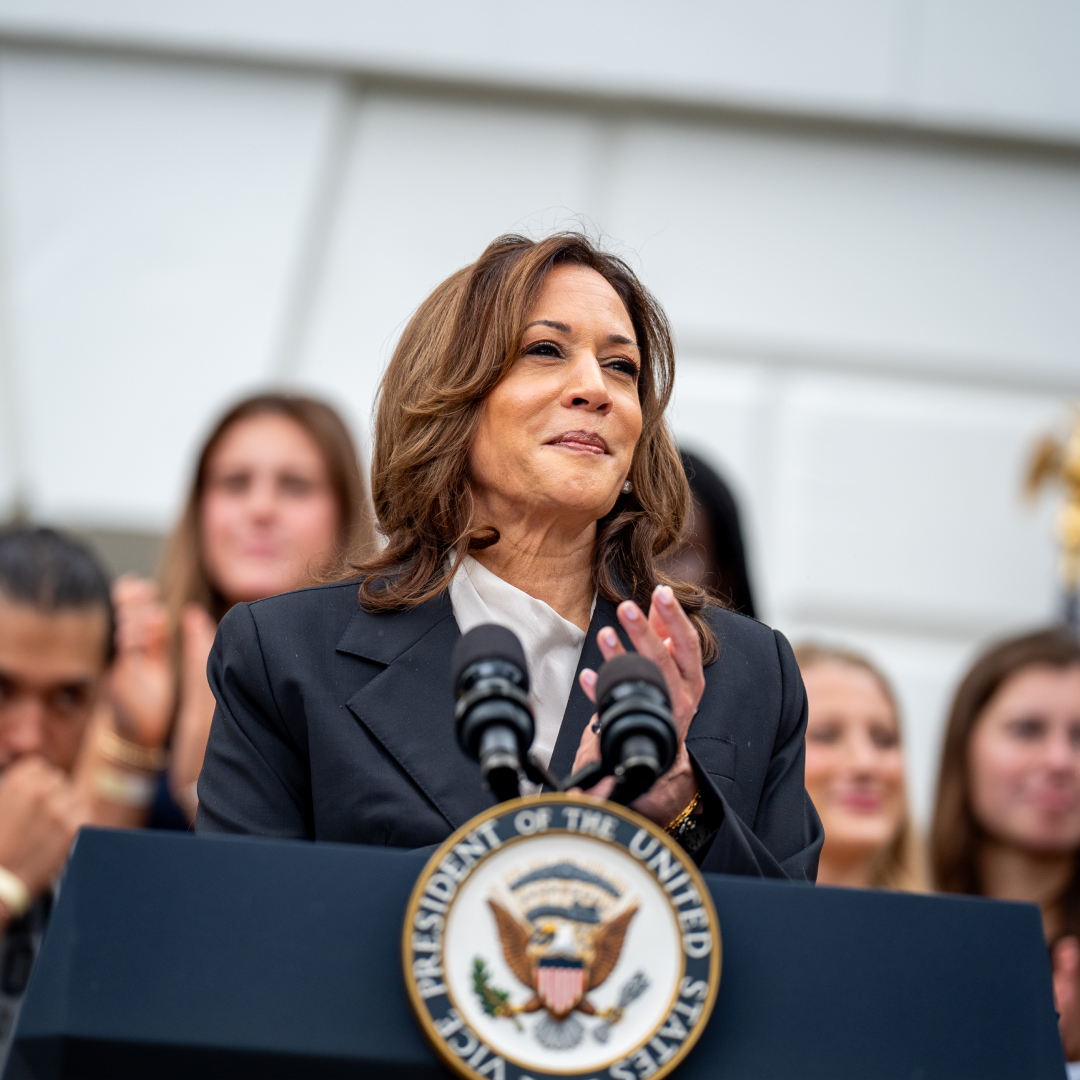 Most Republicans Aren't Talking About Gender and Race. Here's Why Kamala Harris Should
Most Republicans Aren't Talking About Gender and Race. Here's Why Kamala Harris ShouldThe GOP knows that if this becomes a campaign about identity, they’re going to lose.
By Reshma Saujani Published
-
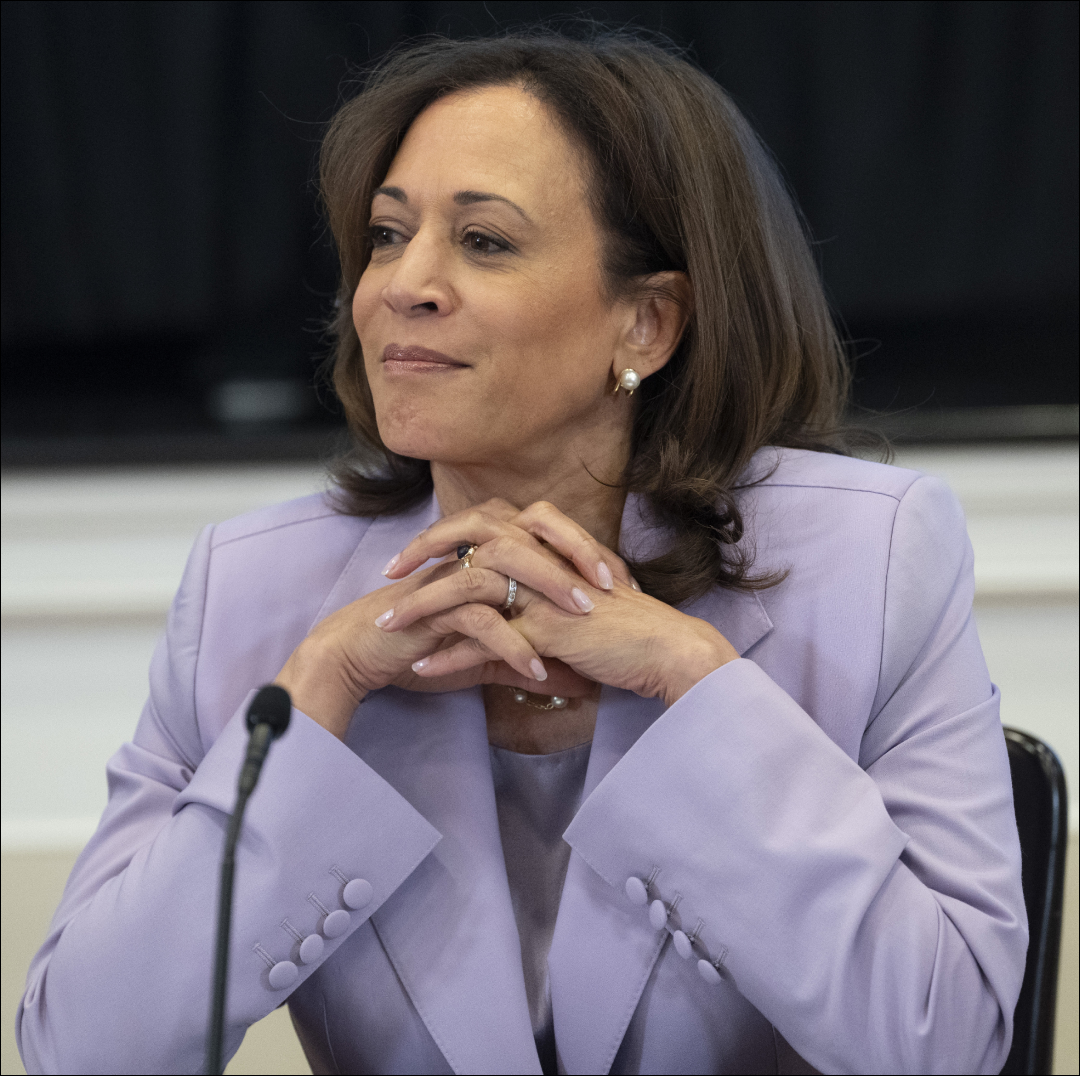 Vice President Harris Announces New Rules to Lower Childcare Costs
Vice President Harris Announces New Rules to Lower Childcare CostsHere's what you need to know about the Biden administration's latest efforts to make childcare more affordable.
By Emily Tisch Sussman Published